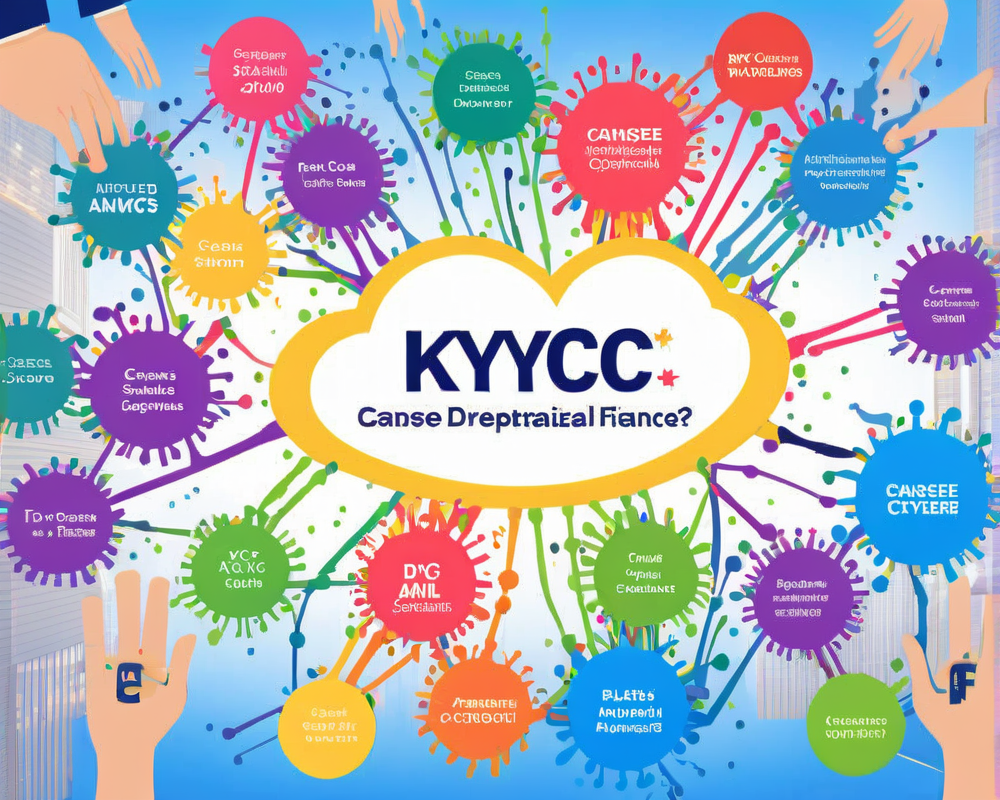Understanding the CANSEE Act
On July 18, 2023, Senator Jack Reed introduced the Crypto-Asset National Security Enhancement and Enforcement (CANSEE) Act, which aims to tighten regulations surrounding decentralized finance (DeFi). With a bipartisan approach, this bill could reshape the way crypto operates, ensuring that DeFi adheres to standards set for traditional finance sectors like casinos and banks.
What Does the Bill Propose?
The CANSEE Act intends to hold DeFi accountable by extending Know Your Customer (KYC) and Anti-Money Laundering (AML) obligations to decentralized entities. This means:
- All DeFi platforms would need to follow the same regulations as centralized trading platforms.
- Project developers would be liable for transactions performed using their services by sanctioned individuals.
- If no identifiable control exists over a DeFi service, investors committing over $25 million would carry the responsibility.
Modernization of Financial Oversight
One of the Act’s key provisions is to enhance the Treasury Department’s capabilities, equipping it to monitor illicit actions beyond conventional banks. Senator Reed posits that this is necessary as technological advancements in finance evolve rapidly.
Backlash from the Crypto Community
The bill has sparked strong criticism from crypto enthusiasts and experts alike. Many see it as a looming threat to the essence of DeFi. One Twitter user dramatically declared it as an ‘existential threat,’ while another pointed out that the hefty liability tied to a $25 million investment could deter venture capital engagement in DeFi.
Awaiting Clarity and Feedback
While legislative attempts like the CANSEE Act aim to clarify regulations, experts urge for tailored guidelines that acknowledge the nuances of DeFi. As Amy James from the Web3 Working Group suggested, any victory in regulatory clearances must ensure that they foster a supportive environment for innovation. With co-sponsors from both sides of the aisle, the future of DeFi hangs in a delicate balance of oversight and innovation.




